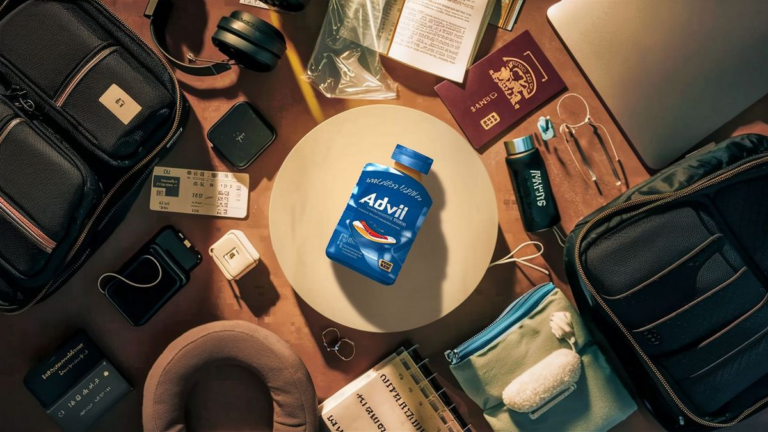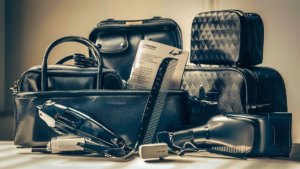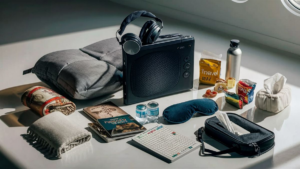When embarking on air travel, many passengers wonder about what medications they can bring on board, particularly over-the-counter drugs like Advil. Understanding the regulations surrounding medication transport is crucial for a hassle-free journey.
Regulations and Guidelines
The Transportation Security Administration (TSA) oversees security measures for air travel within the United States. According to TSA guidelines, passengers are allowed to bring medications in their carry-on luggage. This includes pills, tablets, and other solid forms of medication.
However, there are certain rules to follow:
- Medications must be properly labeled with the original pharmacy label or a prescription.
- Liquids, gels, and aerosols must comply with the 3-1-1 liquids rule, which means they must be in containers of 3.4 ounces (100 milliliters) or less and fit into a single, quart-sized, clear plastic bag.
- If the medication is in liquid form and exceeds the 3.4-ounce limit, passengers should inform the TSA officer and may be subject to additional screening.
Advil: A Closer Look
Advil is a common over-the-counter medication used to alleviate pain and reduce fever. Its active ingredient, ibuprofen, falls under the category of nonsteroidal anti-inflammatory drugs (NSAIDs). While Advil is generally safe for most individuals, it’s essential to consider any potential side effects and consult with a healthcare professional before use.
Since Advil is typically available in tablet or caplet form, it can be carried in your carry-on bag or personal item as long as it meets TSA guidelines. Ensure that the medication is properly labeled and easily accessible for security screening.
Travel Tips
To streamline the security process and ensure a smooth travel experience, consider the following tips:
- Organize your medications in a clear, resealable bag to facilitate inspection.
- Carry a copy of your prescription or a note from your doctor, especially for controlled substances or medications with unusual packaging.
- Inform the TSA officer if you have any medical devices or additional items related to your medication.
When it comes to traveling with medications like Advil, knowing the rules and guidelines can alleviate concerns and help you prepare effectively. By adhering to TSA regulations and ensuring proper packaging, you can take your medication on board with confidence, allowing you to focus on enjoying your journey.
Frequently Asked Questions
Here are some common questions regarding traveling with medications:
| Question | Answer |
|---|---|
| Can I bring prescription medications on a plane? | Yes, passengers are allowed to bring prescription medications in their carry-on luggage. It’s recommended to keep them in their original packaging and carry a copy of the prescription. |
| Are there any restrictions on herbal supplements? | Herbal supplements are generally treated like other medications. They should be in compliance with TSA guidelines and properly labeled. |
| What about syringes or needles for medical purposes? | Passengers can bring syringes or needles for medical purposes, but they must be accompanied by the medication and properly labeled. It’s advisable to inform the TSA officer during the screening process. |
Additional Considerations
Aside from medications themselves, travelers should also be mindful of other factors related to their health and well-being during air travel:
- Stay hydrated during the flight by drinking water regularly.
- Consider wearing compression socks to promote circulation and reduce the risk of deep vein thrombosis (DVT) on long flights.
- If you have a medical condition or special needs, notify the airline in advance to arrange for any necessary accommodations.
See also:






